6 Things to consider while creating a Summer Workout Plan
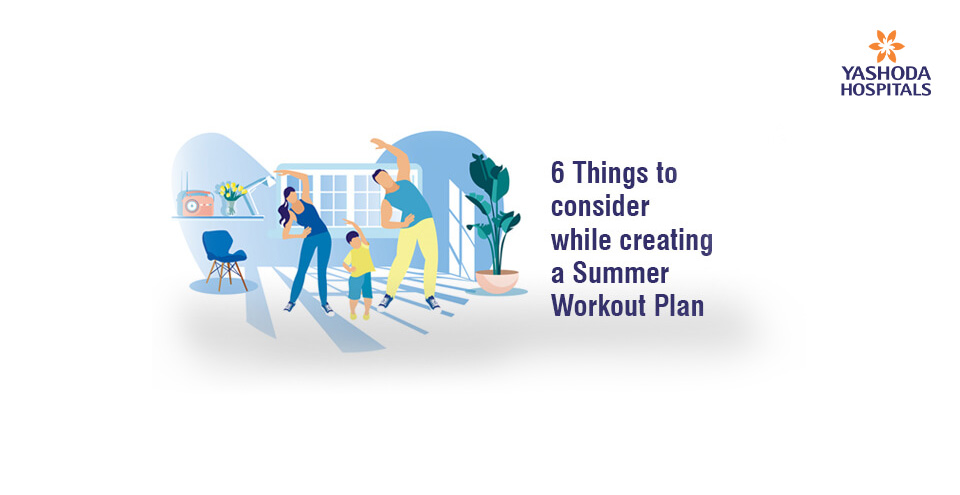
Along with maintaining a healthy Body Mass Index (BMI), it is equally important to increase immunity to keep diseases at bay.
Summer is finally here, and it is the ideal time to shed those winter pounds. The significance of exercising daily cannot be overstated. We often use rising temperatures and scorching heat as an excuse to skip the workout session. Rather than giving up, it’s better to plan ahead of time by taking a few extra precautions.
Along with maintaining a healthy Body Mass Index (BMI), it is equally important to increase immunity to keep diseases at bay. Exercise causes not only loss of water but also electrolytes and salt through sweat. Electrolytes are minerals that aid in the regulation and control of fluid balance in the body.
Potassium, sodium, chloride, phosphorus, magnesium, and calcium are examples of electrolytes. In severe cases, electrolyte imbalance can cause muscle cramps, twitches, weakness, heart arrhythmia, paralysis, and even death by cardiac arrest.
However, we can continue to indulge in outdoor activities and achieve our fitness goals during the summer if we keep the below tips in mind:
Avoid exercising during the hottest part of the day
It’s always better to exercise in the early morning while enjoying the cool morning breeze and avoid working out between 10 a.m. and 3 p.m (the hottest part of the day). In case, if you are not an early riser, it is recommended to do exercise after sunset. And if the weather forecast predicts high ozone and air pollution, it is best to exercise indoors.
Workout in the Shade
It’s advisable to perform a bodyweight workout under a tree rather than going for a run on an exposed road (with no trees) in the bright sun light. Maintaining a pace is crucial especially if you’re not used to working out in hot weather.

Drink with a purpose
Drinking a glass of water 15 mins before the workout is not enough, but increasing the fluid intake the day before the exercise to stay hydrated. Consuming a protein shake or a glass of high-water-content fruit juice helps to replenish the energy post-workout. Working out in the heat can be exhausting; hence it is important to refuel the glycogen stores immediately after the workout.
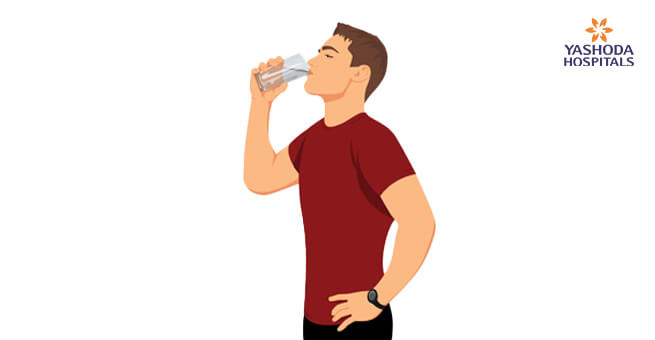
HIIT (High-Intensity Interval Training)
Steady-state workouts should be replaced with high-intensity interval training. You can get your heart rate up in 30 mins by alternating 20 to 30 seconds of all-out work with rest intervals. One can take the help of a Fitbit Coach HIIT workout or make their workout plan with movements like jumping jacks, burpees, mountain climbers, and sprints. This process does not decrease the duration of the workout rather these short segments contribute to overall endurance.
Don’t Over Do it
Are you a gym rat who can’t stand missing even a single day? We all know the significance of regular physical activities. But sometimes it’s better to allow the body to rest because over-exercising can be harmful to your muscle health as it can cause muscle pain and fatigue. Excessive exercise is just as bad as not exercising at all. Exercising means motivating and pushing onseself towards achieving your fitness goals but it is about knowing the limits. If one starts experiencing dizziness or nausea in the middle of the exercise, it’s better to take a break.
Understand the signs of heatstroke
Heatstroke is a serious and potentially fatal threat. Some of the warning signs of heatstroke include excessive body temperature (with hot, flushed, red/dry skin), quick pulse, breathing difficulties, hallucinations, confusion, agitation, and seizure. If you experience any of these signs or symptoms during exercise, it’s recommended to stop immediately and rush to the hospital.
If you visit hot and humid climates, it’s very essential to know when to stop and relax. Excessive exercise and sweating can lead to heatstroke, nausea, headache, and dehydration if necessary precautions are not taken on time. Exposure to extreme heat for an extended period can harm the body’s natural cooling system, resulting in fatigue and heatstroke.
About Author –
Dr. Hari Kishan Boorugu, Consultant Physician & Diabetologist, Yashoda Hospitals, Hyderabad





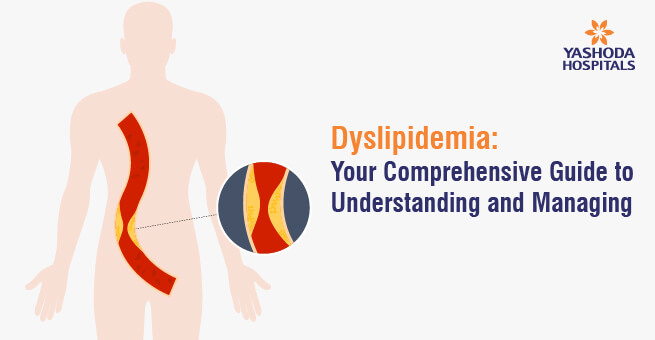


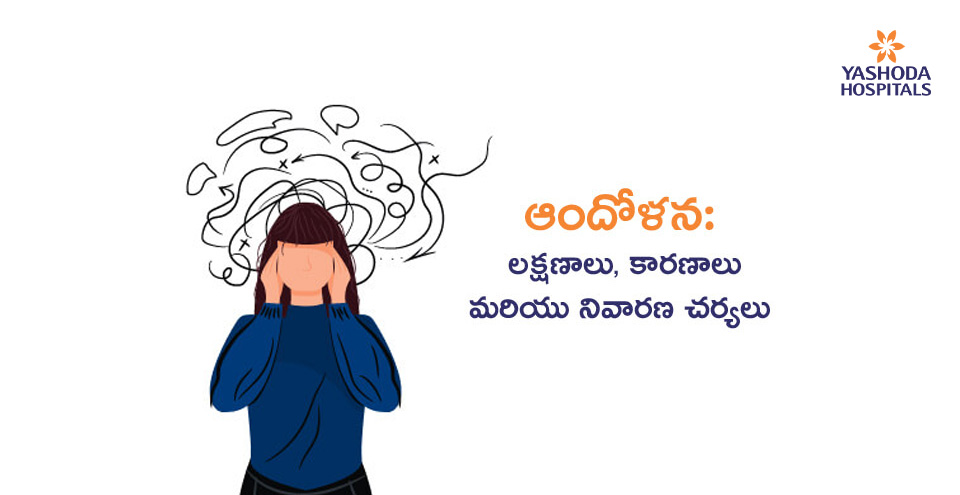
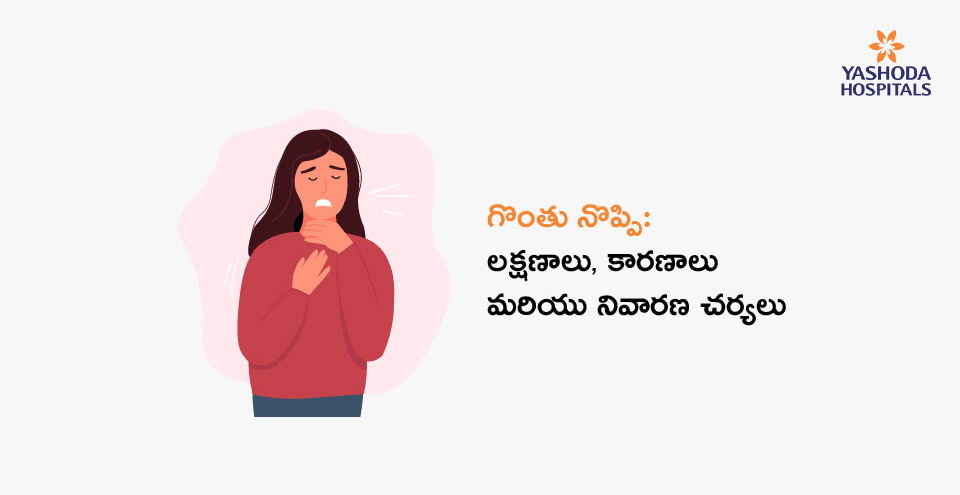
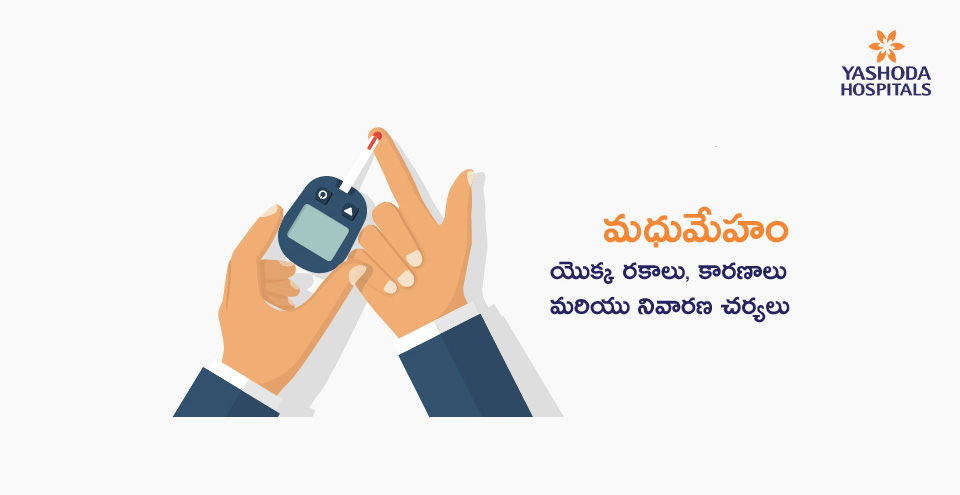



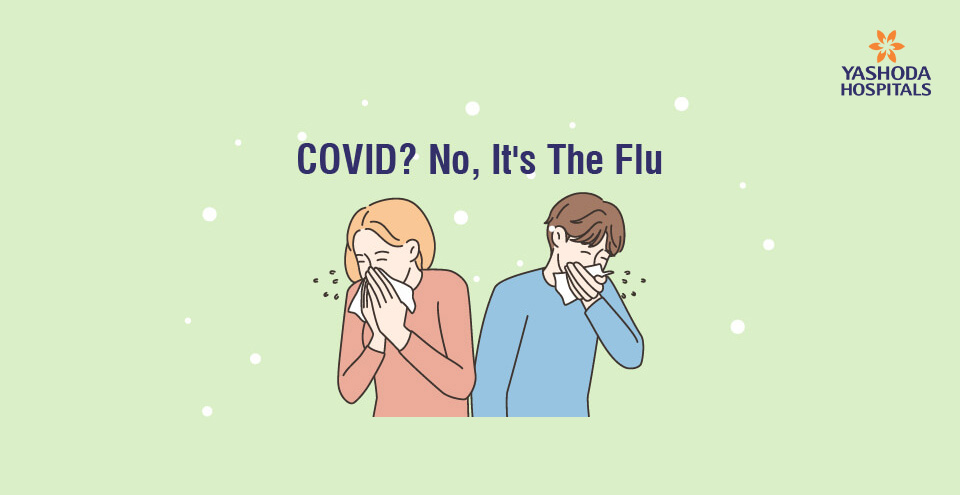
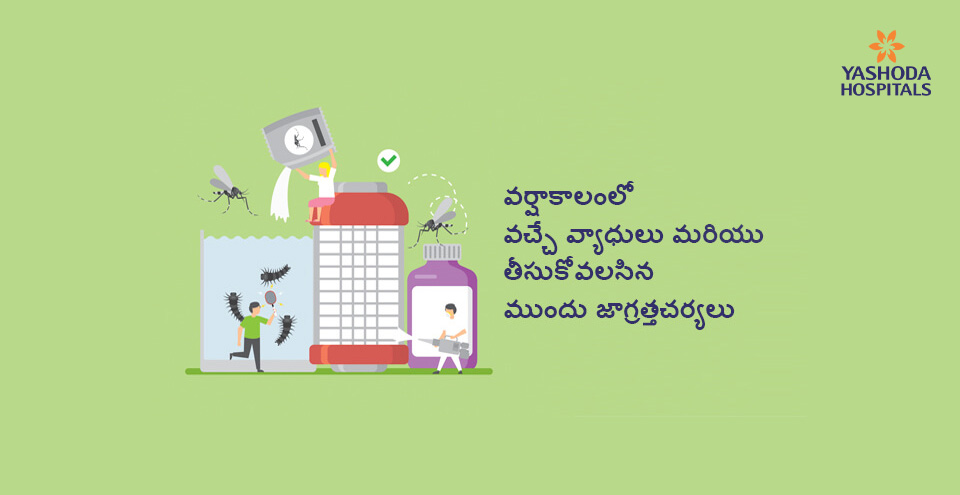
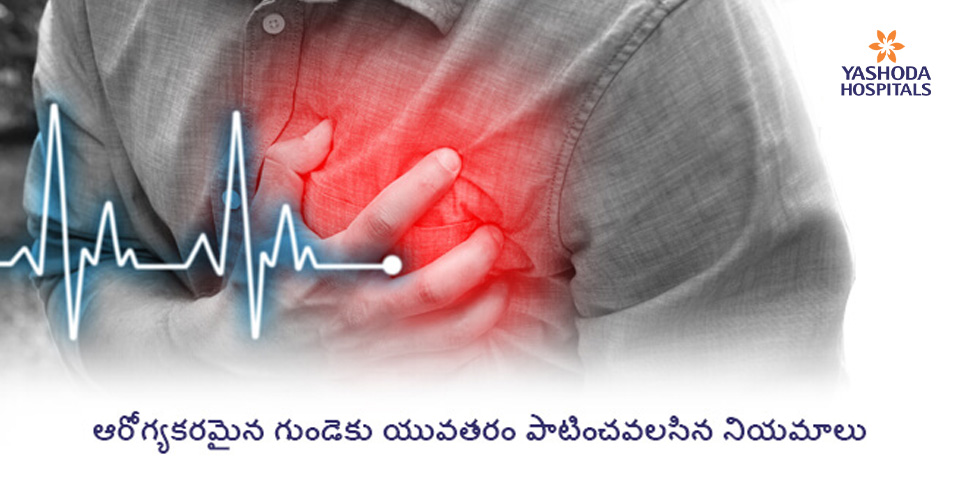


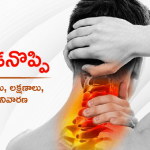


 Appointment
Appointment WhatsApp
WhatsApp Call
Call More
More